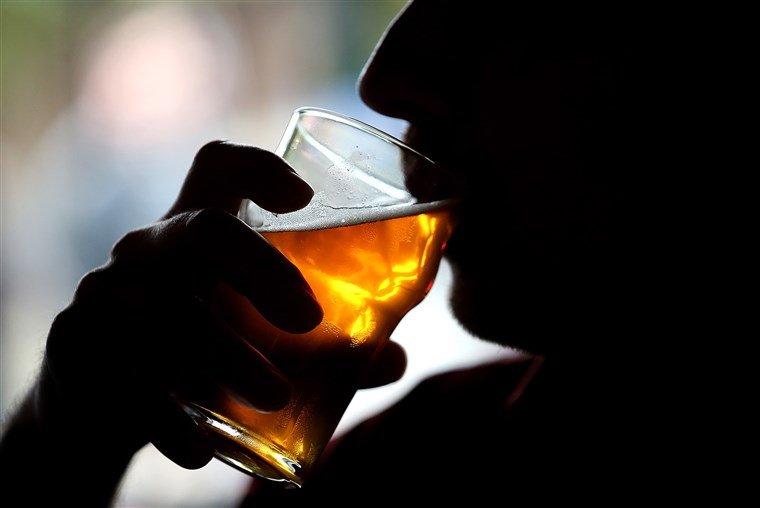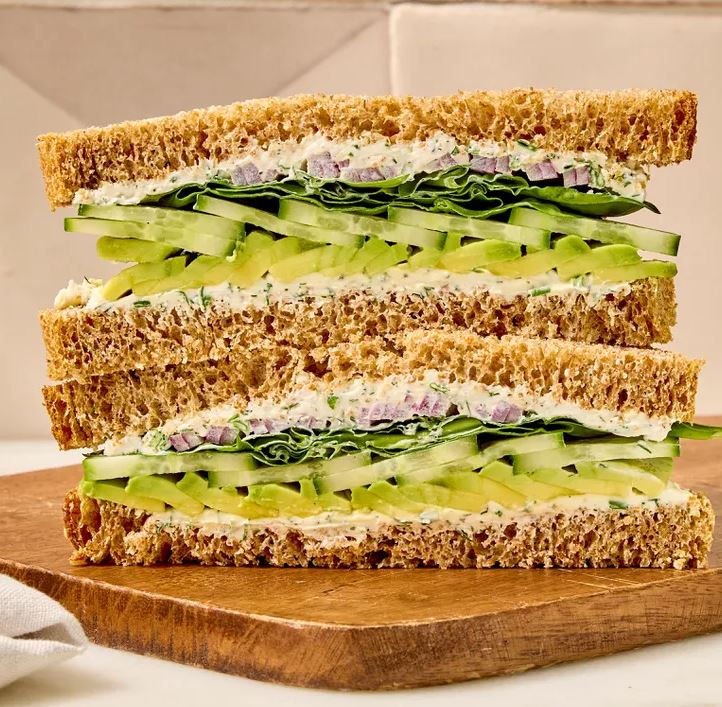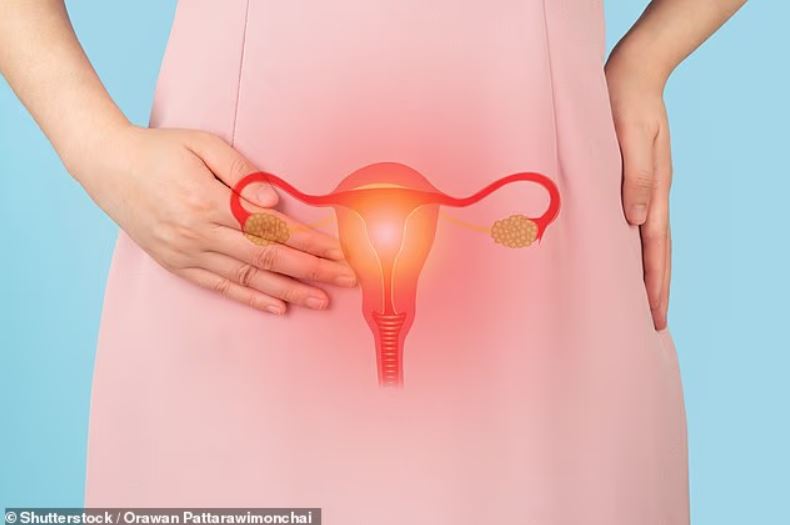People who enjoy the odd drink are less likely to suffer a premature death than those who don’t, according to new research. Downing up to three glasses of wine or beer a week reduces the risk of dying from any cause, and in particular cancer, over almost a decade, a study showed. But there’s a catch, scientists warned.
The risk of a deadly illness rises slightly among more regular boozers – for every drink over this amount. Current UK guidelines advise a maximum of 14 units of alcohol a week – six pints of average strength beer or seven medium sized glasses of wine.
Dr Andrew Kunzmann and colleagues said mortality rates are lower in light drinkers who have an average of less than a drink a day across their lifetime. Interestingly, those who have never touched a drop of alcohol have a 7% higher chance of earlier death or being diagnosed with cancer. The risk soars 20 per cent for very heavy drinkers who put away over three drinks a day.
Dr Kunzman, of Queen’s University Belfast, explained: ‘Previous studies have consistently found light to moderate drinkers live longer than lifetime teetotallers. ‘The evidence from cancer research gives a different impression – even light to moderate alcohol consumption is linked with an increased risk of cancer. ‘These differences have led to confusing public health messages about the health impacts of light to moderate alcohol consumption and what counts as drinking in moderation.
Dr Kunzmann said: ‘The lowest risk was apparent in people drinking less than seven alcoholic drinks per week, less than one drink per day – where one drink equates to about the units found in a medium strength bottle of beer – compared to never drinkers or heavier drinkers. ‘Heavier drinkers who drank more than three drinks per day were at a 20 per cent higher risk of getting cancer or dying prematurely than light drinkers.’
He added: ‘Drinking alcohol is a personal choice and it is not our aim to tell people whether they can or can’t drink.
The aim of this study is to provide robust evidence so that people can make informed, healthy decisions about their alcohol intake.
























